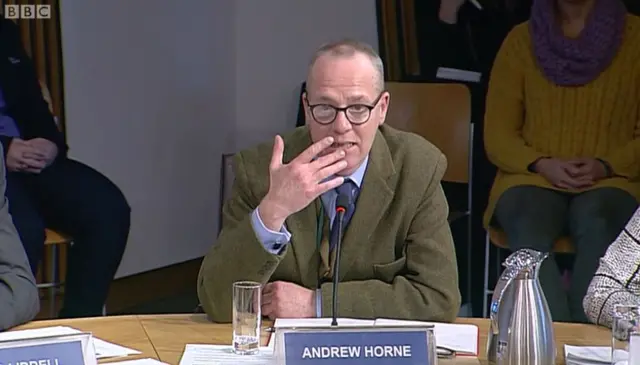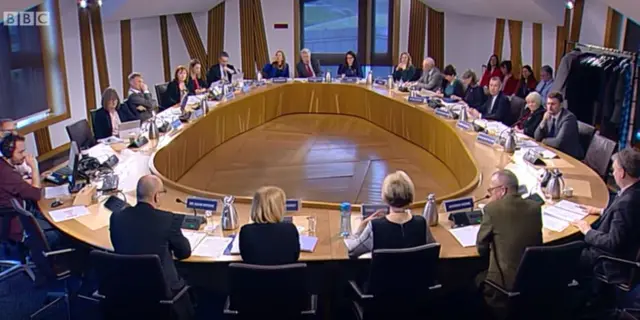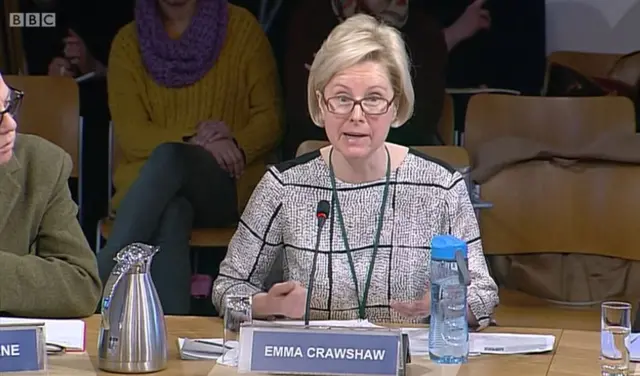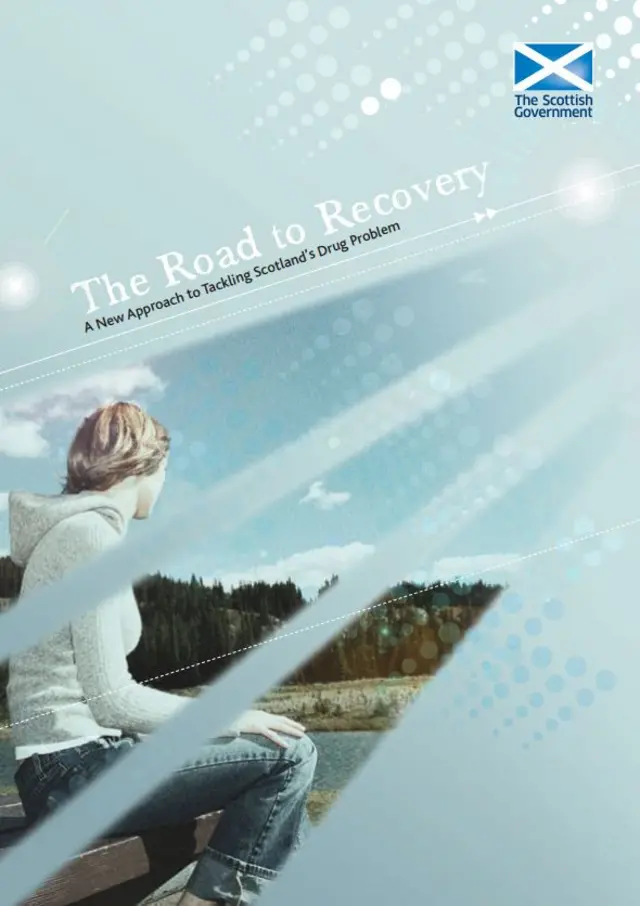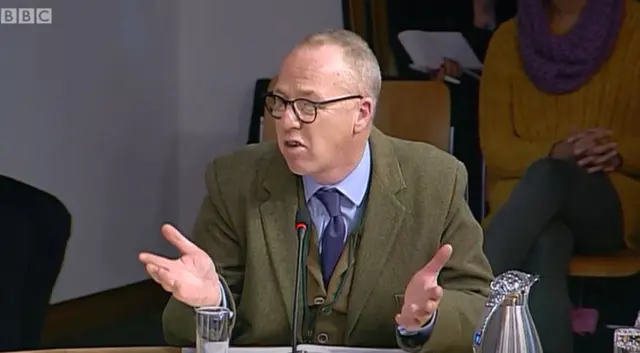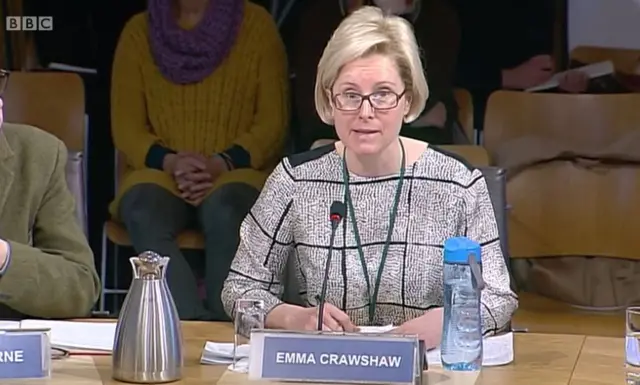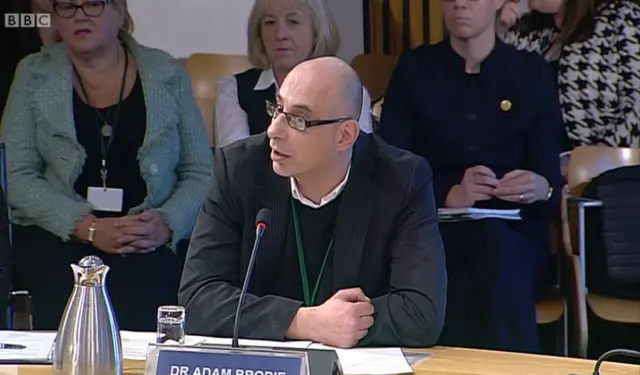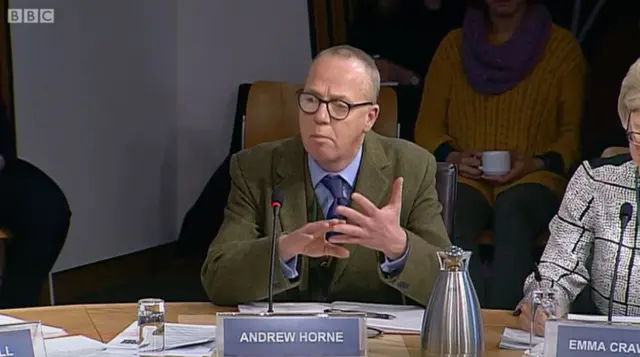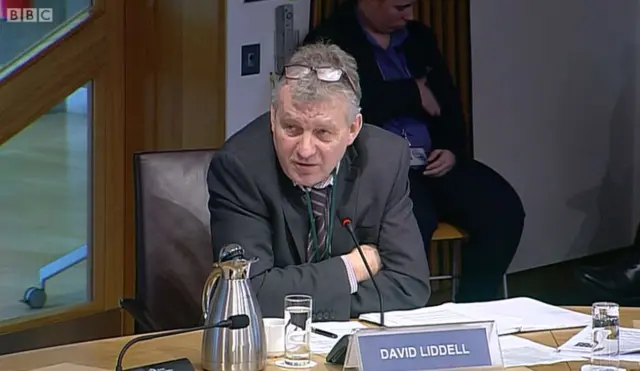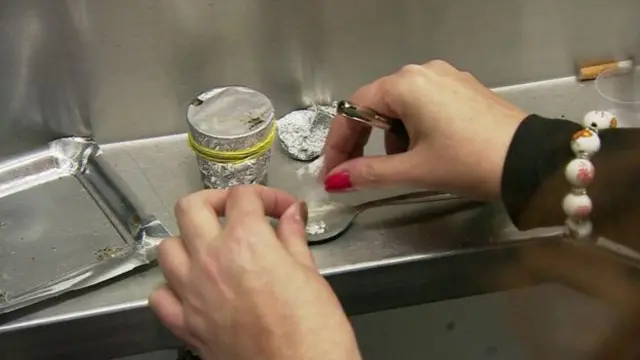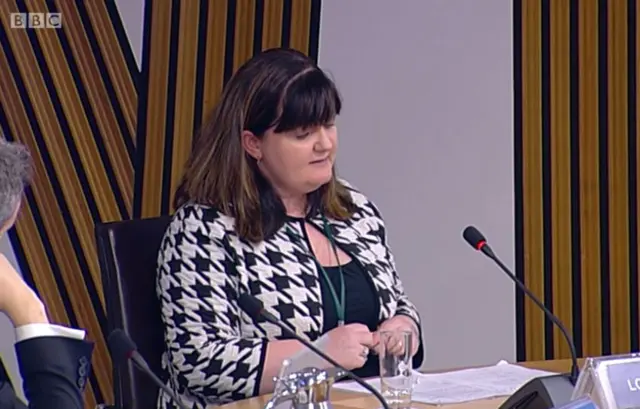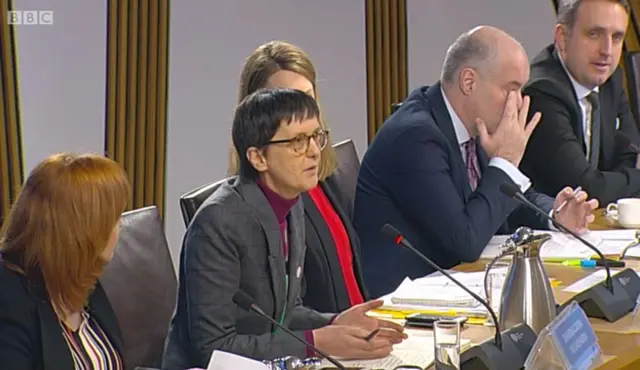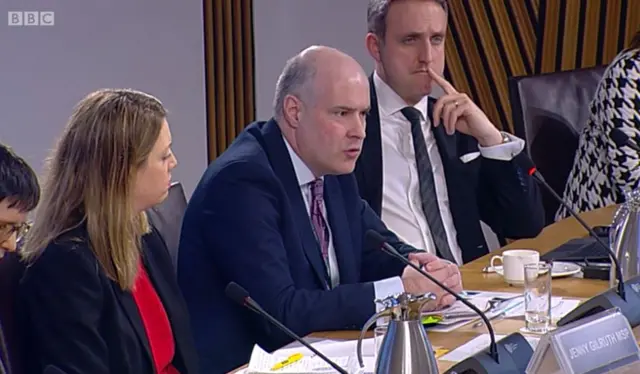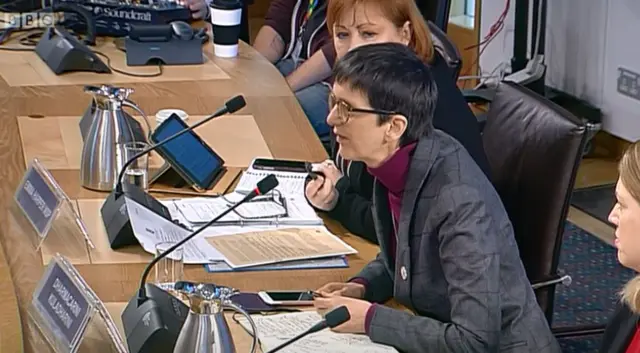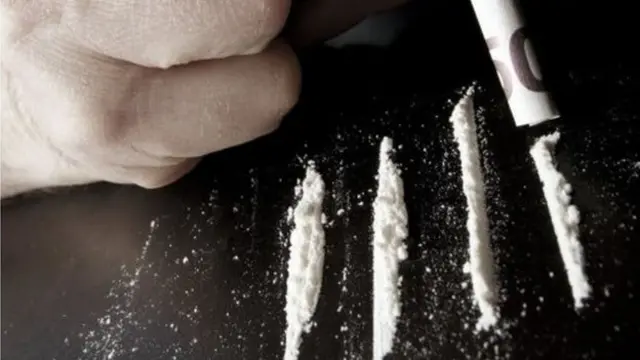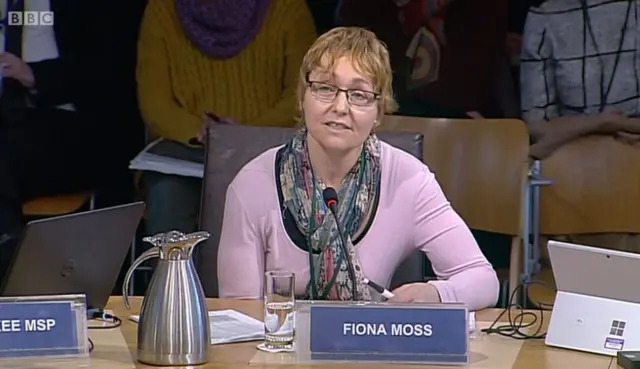Background: Call for drug laws devolution to allow 'fix room'published at 12:32 GMT 30 January 2018
The Scottish government is to seek devolution of drugs laws to allow users to take heroin safely under medical supervision.
A "fix room" was planned for Glasgow because of an increase in street injecting in the city, and a rise in HIV infections among users.
Scottish ministers said the idea was "ambitious and innovative."
But the Home Office, which controls drug legislation, said it was illegal, and expected police to enforce the law.
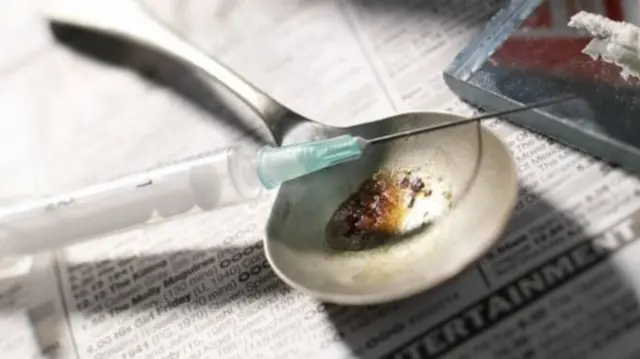 Image source, Science Photo Library
Image source, Science Photo LibraryThe safer drug consumption facility (SDCF) was planned for Glasgow where an estimated 400-500 drug addicts are injecting on the streets.
The city's health and social care partnership (HSCP) said this potentially put the users and the wider public at risk.
